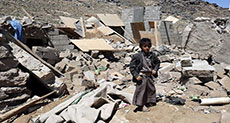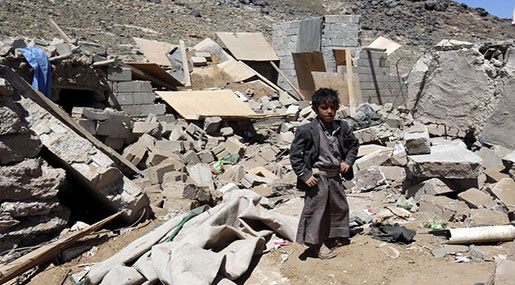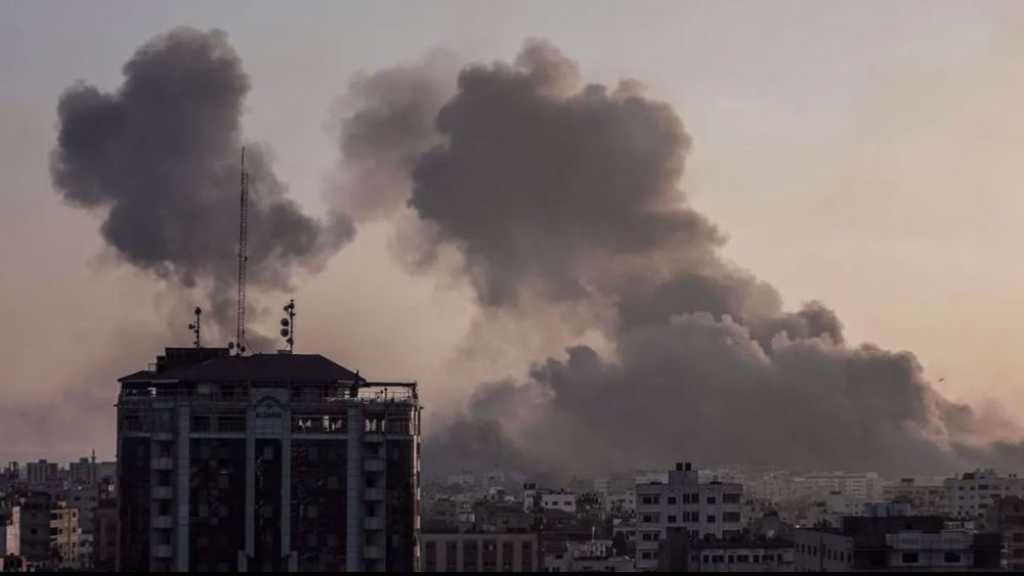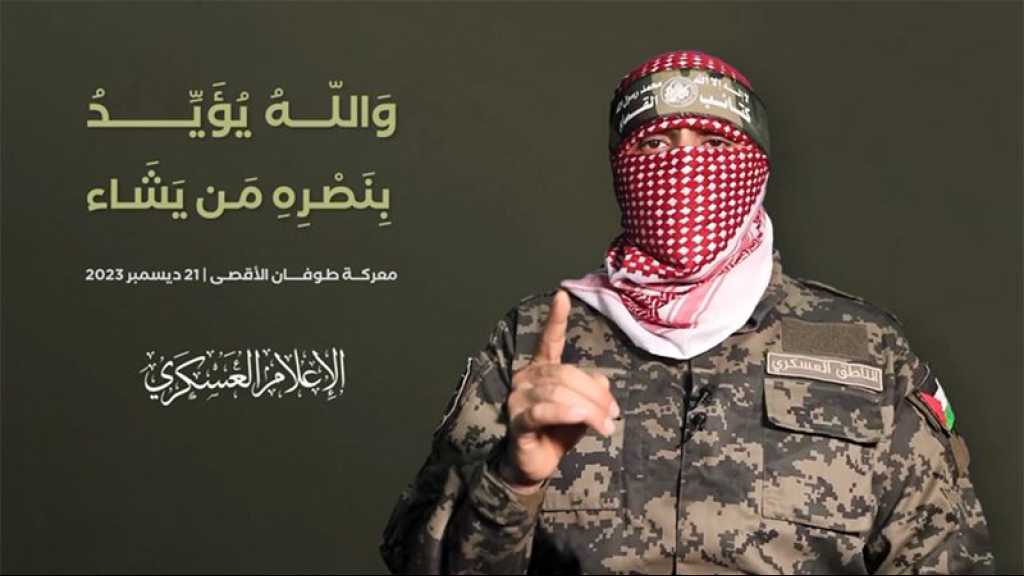
Cutting British Ties with Saudi Arabia Would Come At a Price

Rosemary Hollis
British Defense secretary Michael Fallon admitted that British-made cluster bombs were used by the Saudi armed forces in Yemen. He claimed though that the bombs had been used against "legitimate military targets". Even if technically correct, this assertion will not assuage mounting concerns, not least in parliament, about British complicity in Saudi military action.

The Saudis are at the forefront of an Arab Gulf coalition which launched an intervention in Yemen in 2015 to reverse the advance of Ansarullah revolutionaries. They had ousted the government of Abd-Rabbu Mansour Hadi. While it was initially backed by the UN, the ensuing civilian casualties and destruction of civilian infrastructure has been condemned as a violation of the laws of war.
At the very least there will be questions for the British government to answer about when it became aware that the Saudis were using British cluster bombs supplied as long ago as the 1980s.
Having signed the convention on cluster munitions that bans their use and which came into effect in 2010, Britain asserts that it opposes the production and deployment of such weapons.
Since Saudi Arabia is not, however, a signatory to the convention, it seems it cannot be held to account - and nor can the British for originally supplying the bombs decades ago. According to Fallon, meanwhile, we can be reassured: "The Saudis believe that in this particular instance they did respect international humanitarian law." Plus, the Saudis claim, a decision to use old stocks [previously declared defunct] was made by a battlefield commander without clearance from above.
Fallon was unable to say what would happen to the remaining stocks, how many cluster bombs had been used or how many were left. But apparently the Saudis have assured the British that they will make no further use of the weapons, which can kill and maim long after the initial delivery. The individual bomblets released on impact can remain undetonated for years until stumbled upon by unwitting civilians.
This reliance on Saudi disclaimers will not assuage the concerns of those MPs, including members of the committee on arms export controls and the foreign affairs committee, which had already called for an independent inquiry or court ruling on the use of any British-supplied arms by the Saudis in Yemen. At issue is whether such use amounts to the legitimization by Britain of a Saudi strategy that has caused the deaths of so many civilians, including children.
Last week the US administration signaled its revulsion at the civilian casualty rate and what it called "flaws in the coalition's targeting practices and overall prosecution of the air campaign", by announcing a curtailment of US arms supplies, in particular precision-guided weapons, to Saudi Arabia. However, Prime Minister Theresa May said the British would not follow suit, relying instead on Saudi assertions of innocence. Previously, Britain has said that its personnel who train the Saudis routinely warn them against transgressing international humanitarian law.
This kind of obfuscation and acceptance of the Saudi line demonstrates the intricacies of the Saudi-British relationship. The Americans are the leading suppliers of arms to Saudi Arabia, but since at least the 1980s the UK has occupied a subsidiary role which has assured British manufacturers a niche market that is essential to its military industry.
Without lucrative contracts to supply the Saudi armed forces over the years, it would not have been possible to keep the production lines rolling as the transition was made from Tornado to Typhoon fighter jets at BAE Systems. So not only are British jobs at stake but also Britain's independent arms production capability. And to maintain its niche in the market in the face of fierce competition, Britain has undertaken to provide training and maintenance packages that place its technicians at the heart of the Saudi defense establishment.
Alongside this, for years the British have developed a high level of cooperation with the Saudi intelligence services which successive prime ministers have claimed helps to keep British citizens safe from terrorists. When awkward questions are asked - whether by MPs or human rights campaigners - about the Saudis' humanitarian record, their rulers have only to remind the British government of the military contracts and security cooperation.
This is the uncomfortable reality, not just for the government but for British citizens. If presented with a detailed tally of the actual costs of a break with Saudi Arabia to the British defense industry, jobs, the economy, intelligence and security, it may well emerge that British enthusiasm to take the moral high ground will waver.
Source: The Guardian, Edited by website team



